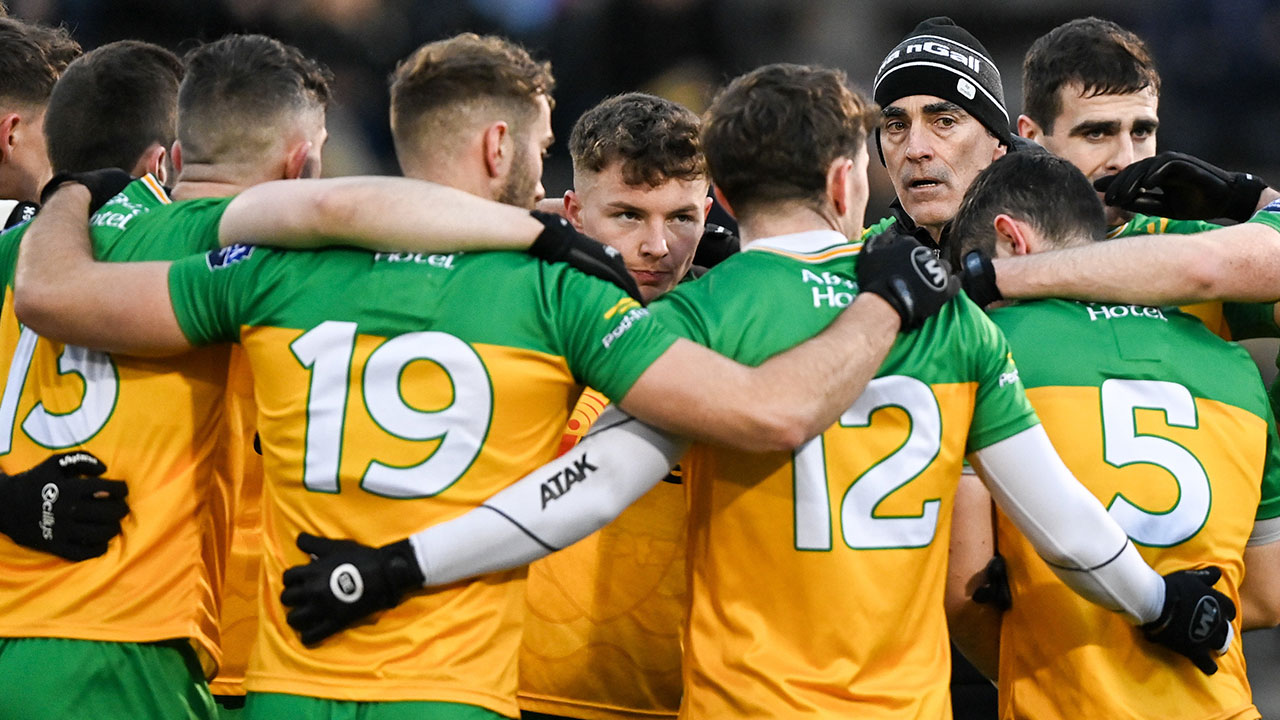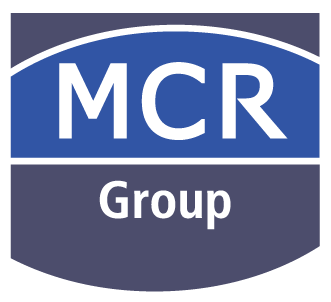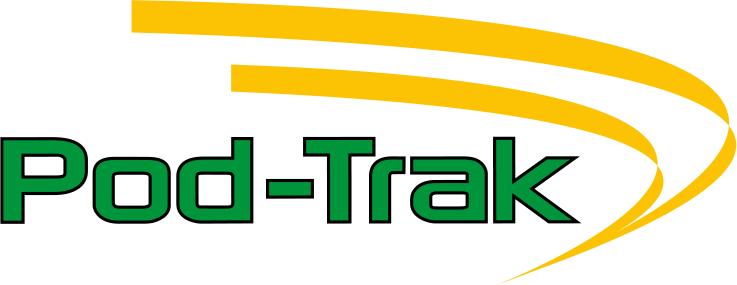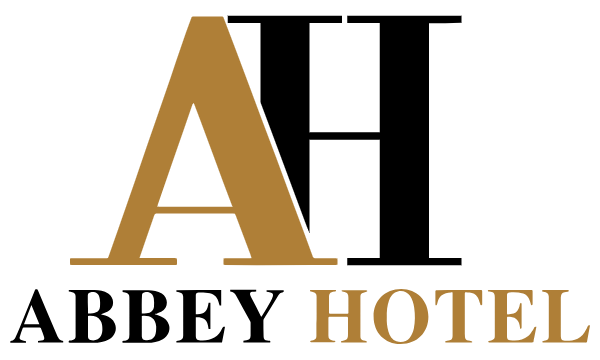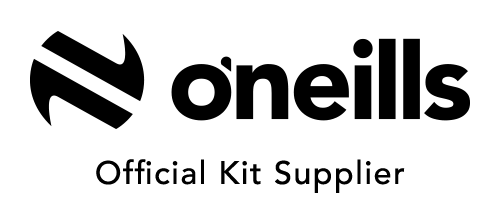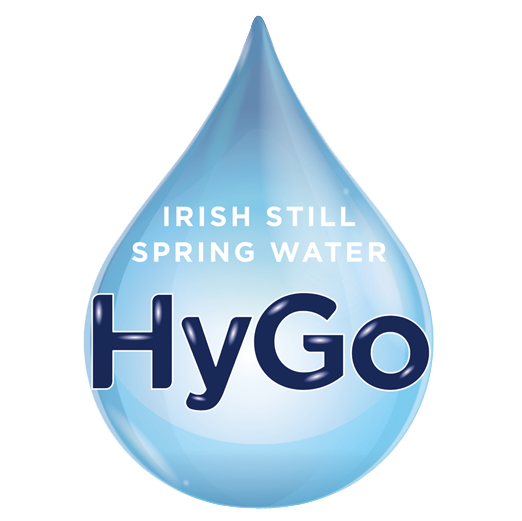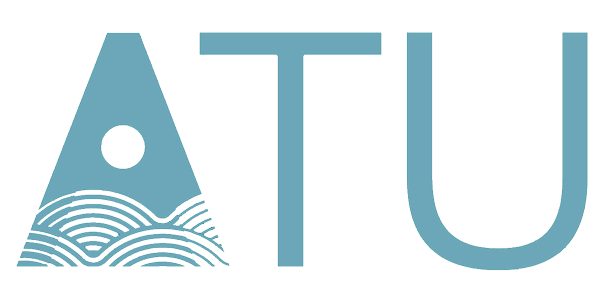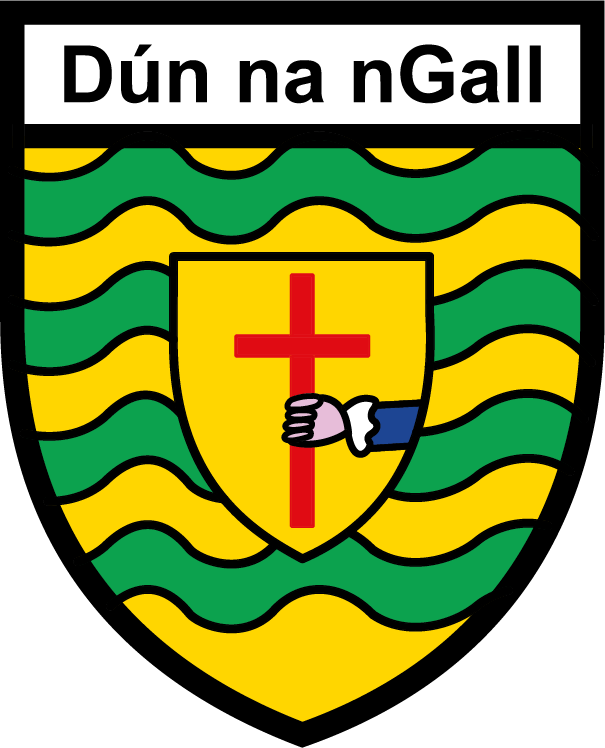Ulster GAA in conjunction with The Northern Ireland Anti-Bullying Forum (NIABF) and the Child Protection in Sport Unit (CPSU), and are calling on all units of the Association to take part in Anti-Bullying Week between 16th and 22nd November 2015. This year’s theme for the campaign is “What Bullying Means to Me” which looks at the definition of bullying, helping us to understand it as a ‘repeated use of power, intentionally to harm, hurt and adversely affect the rights and needs of another or others.’
The GAA Tackling Bullying Programme is a resource developed by the GAA to provide assistance at club level in dealing with incidents of Bullying. It consists of a two-hour training workshop suitable for Coaches, Parents, Players and other Club personnel and also includes a range of publicity materials for Clubs. It is a fantastic resource available to all clubs, and during the workshop, participants will be equipped with tools that will enable them to identify, prevent and resolve incidents of Bullying that may occur in their clubs. Bullying is an issue that causes many problems within our clubs and communities, and we encourage all clubs to formally adopt the Anti Bullying Policy at Club Executive, and to help create a culture within the association where this type of behavior is not acceptable, and is regarded as serious breaches of the Code of Behaviour and shall be dealt with accordingly.
Cyber Bullying – This is bullying behaviour that takes place via mobile phone or through the internet via email/instant messaging/social networking sites/Texts/messages or images that are sent or posted on sites, which hurt, intimidate or embarrass another person. Cyber Bullying is no different from any other forms of bullying in that the behaviour is the same and the impact no less devastating, and therefore incidents of cyber bullying should be treated as though they happened in real time. If you are aware of someone being cyberbullied, please consider the following:
* Listen and learn about what has been going on, for how long, where it has been taking place and what exactly has been happening. If you are not their parent/guardian ensure you make them aware of the situation.
* Suggest that they do not open messages from the addresses/numbers but allow you/parent/guardian to open them instead.
* Consider changing their mobile number and restrict access to the number.
* Changing online profile log in and passwords, and using the ‘reporting’ feature that is available on most social media sites asking for offending messages and photos to be removed. Ensure that online profiles are made private and only shared with friends. Restrict what can be posted to your profile until after you have given permission.
* Involve other agencies if necessary, including PSNI/Childline or NSPCC.
* Support the young person, your initial reaction is vital – Listen, Learn, Involve and Resolve.
Our Games – Our Code, the Code of Best Practice in Youth Sport for the GAA includes the Anti- Bullying Policy, which aims to adopt a whole organisational approach to addressing bullying and provides advice and support to clubs in the area of Safeguarding. We remind all clubs to implement the Code of Behaviour with all relevant personnel in your club including players/coaches/committee members/parents/referees and supporters at the start of each season. It is also appropriate at this time of year to remind you to make sure that all those working with children and young people in
your club have been appropriately trained and adequately vetted prior to commencing work in the club.
For more information or to organise a workshop in your area or club, please contact 02837521900 / Bernie.fox.ulster@gaa.ie .
Finally, we take this opportunity to thank you for helping us to achieve our aim of creating and maintaining the safest possible environment for young people and children in the Association.
By Sinéad Breen Donegal PRO Tue 17th Nov
